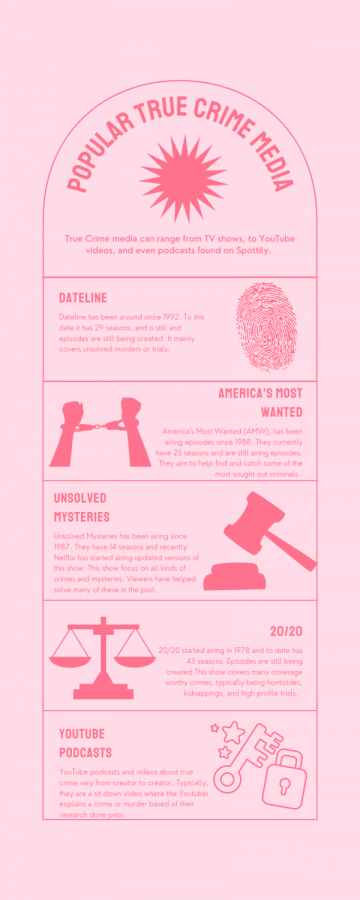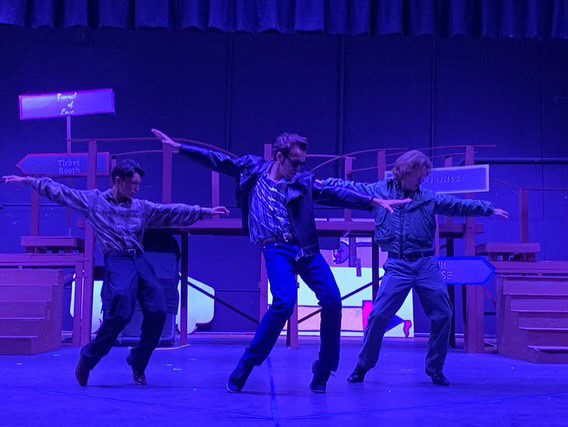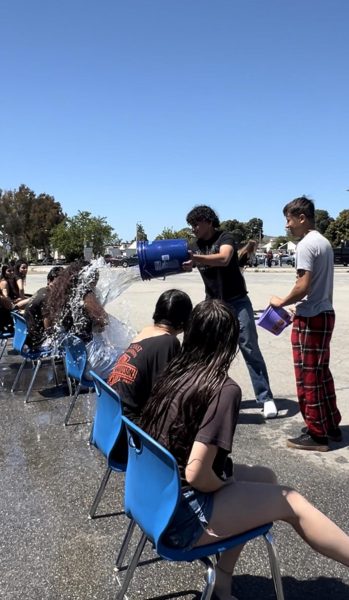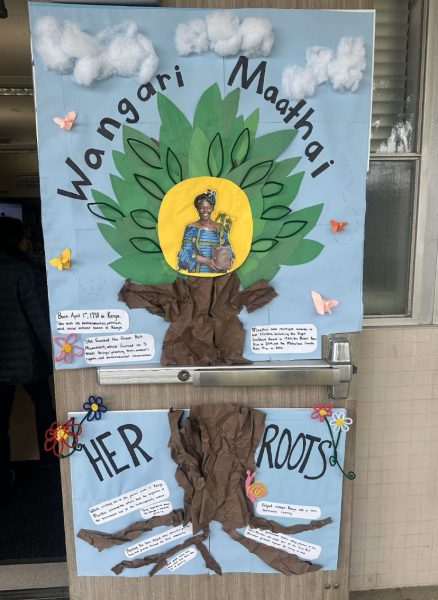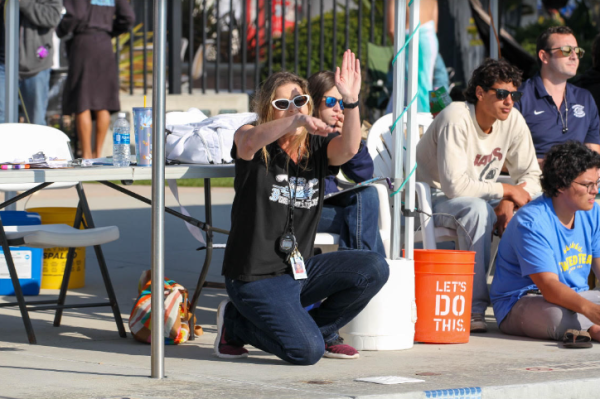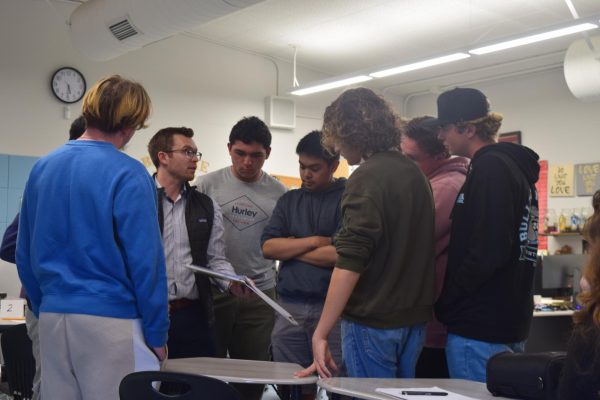True Crime should not be viewed as pure entertainment.
Infographic by Sedona Brickley
Many of the true crime shows we watch today have been around for years, and were made for the purpose of viewer interaction.
May 10, 2021
Dateline, 20/20, Forensic Files, and Unsolved Mysteries. All of these shows have something in common: they inform audiences about previous or current major crimes including homicides and disappearances.
Such crime shows began airing in the1980’s. However, prior to the airing of these shows, crimes still occurred and people still went missing; due to the severe lack of technology, a lot of these cases went ‘cold’, or law enforcement no longer invested time in trying to solve them. This led to hundreds and hundreds of friends and family members who never found out where their loved one went, or who took their life.
Once radio broadcasts became a popular pastime, households with access to a television began to watch shows like Unsolved Mysteries (1987), and 20/20 (1978).The views of America’s Most Wanted helped find and catch over 1100 fugitives, 17 of which were on the FBI’s Ten Most Wanted List. These viewers would be considered active viewers, because they not only watched the show, they helped solve the crime.
Unfortunately we do not see the same willingness to help in the audience today. The current generation seems to view these shows and podcasts as entertainment and have no empathy for the crimes and kidnappings being examined and explained. The empathy is practically nonexistent. Meaning, audiences of these shows do nothing to actually help with cases, instead they silently watch on the sidelines.
In a Youtube video created by Kendall Rae, Rae interviews and talks to five family members and friends of people who have either been murdered or are still missing after many years of their disappearance. They speak about their frustration in the misunderstanding of present-day media and their blatant lack of empathy for these situations.
The death of a loved one is something that one can not understand until they have experienced it themselves, it is practically impossible to even understand the feeling that must roam through their hearts and minds.
The current generation seems to view these shows and podcasts as entertainment and have no empathy for the crimes and kidnappings being examined and explained.
No one expects you to feel bad for these family members or to help them. In fact, the idea of that is absurd. You should instead focus on signing petitions, and various other small tasks. In fact, if you watch your true crime podcasts and shows on YouTube, usually there will be more information on how you can help in the moment.
Yes, some viewers may claim they gain empathy from the viewing of these shows
Think of these shows, videos, and podcasts as news. The average person does not watch the news for entertainment, but instead for the sole purpose of learning about current events and what is going on in the world and around them. This qualifies especially when the news affects them or someone we know.
A disconnection can be seen here when it comes to true crime. Most of the time, you will not personally be affected by the crime happening, let alone know the family experiencing it. This makes it hard to have much empathy for the situation, or view the crime as something that happened in real life and not a show created solely for entertainment purposes.
Remind yourself of these things when watching your next true crime podcast, youtube video, or tv show. If you are watching a video on youtube, check the description beneath the video to check for links or ways you can help the families of these victims. Like and share the posters of missing people and children. Make sure that no person goes forgotten or is seen as a mere form of a way to pass time. Practice empathy.

